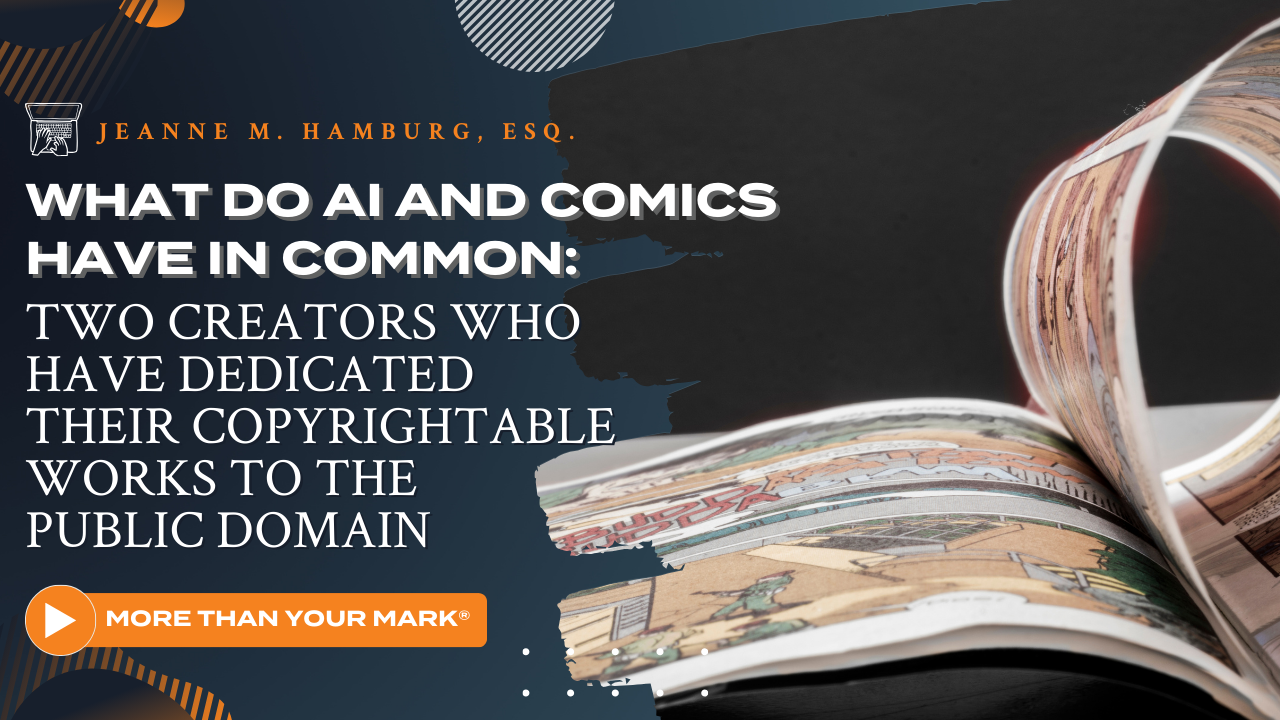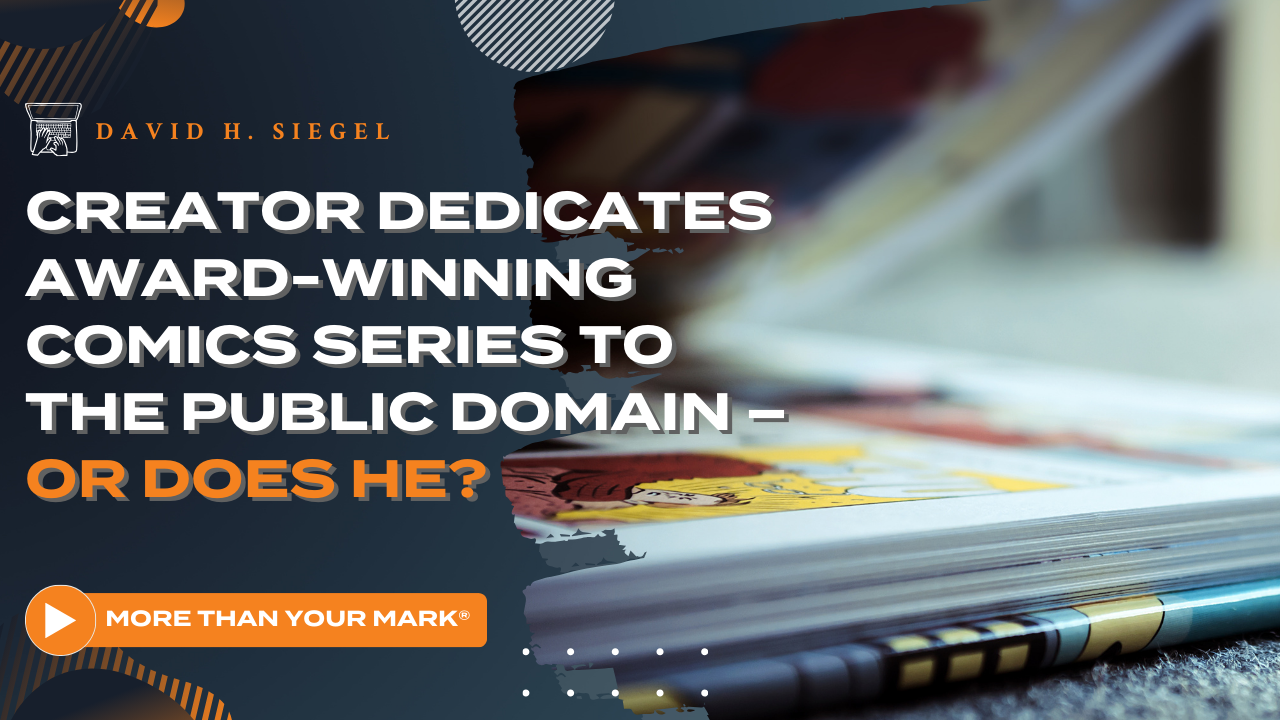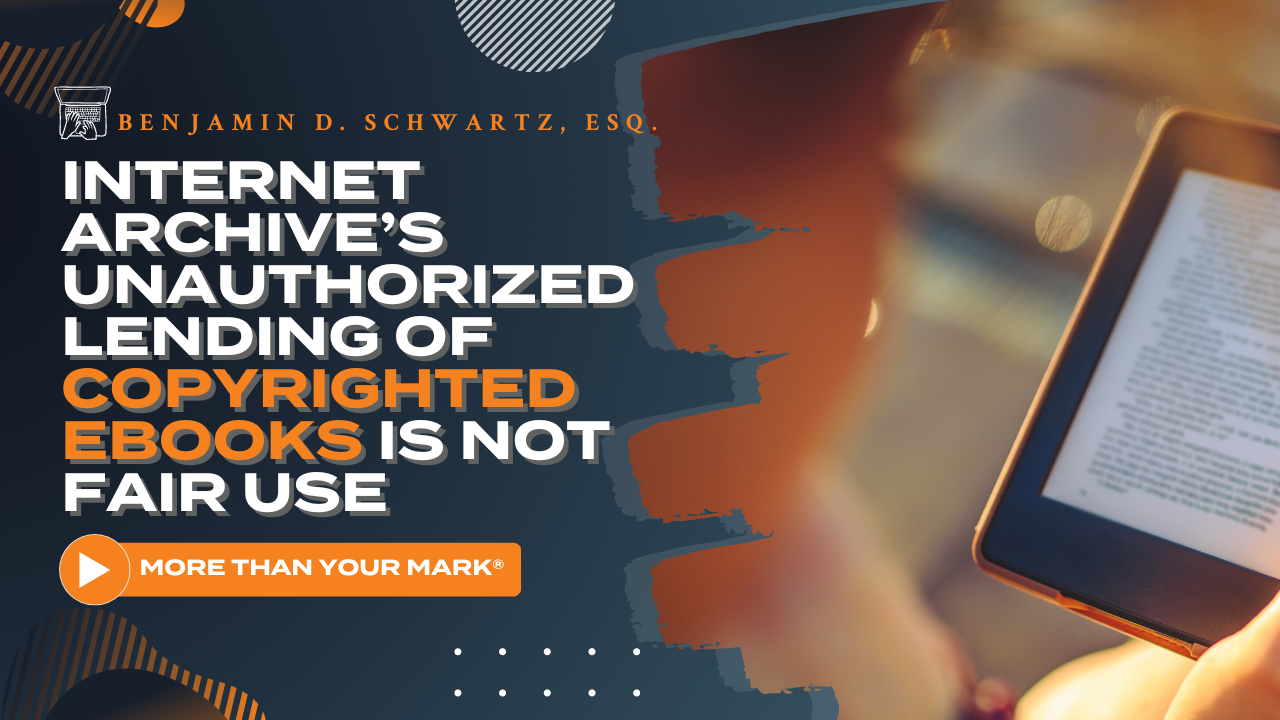Terminate Copyright Grants Correctly or Risk Losing Your Rights

The Copyright Act of 1976 provides the basic framework for modern U.S. copyright law. The statute includes "termination rights"—the right of an author to revoke the grant of a copyright after 35 years. As important as it is for authors to regain a revenue stream, particularly for creative works that achieve acclaim over the years, the exercise of the termination right is no easy task for an author, and even for an attorney not experienced in copyright matters. The following is a basic overview of the termination right, some loopholes, and some recent cases in the news illustrative of the challenges authors face.
What Are Termination Rights under the Copyright Act?
Before the 1976 revisions to U.S. copyright law, authors—that is, anyone who created and then licensed their creative works—were not entitled to termination rights. At that time, lawmakers recognized that authors were in a disadvantaged bargaining position when compared to large corporations. In some cases, the value of a creative work will rise far beyond that it possessed when the initial agreement was made. For example, J.K. Rowling was famously paid just 2,500 pounds (3,500 dollars at today's exchange rate) for the right to publish the first Harry Potter manuscript after being rejected by one dozen publishers. Termination rights exist to allow the individual author/artist like Rowling to reclaim a valuable copyright if the value of their creative work increases.
For post-1978 grants (meaning contracts that license or convey the entire copyright) that include the right of publication, an individual author—or heirs, if the author has passed—must terminate an assignment or license of copyright during a defined window of time. That window is a five-year period starting after the end of the 35th year from the date of publication or the 40th year from the date of the grant or conveyance, whichever is earlier. For example, imagine that an author granted the right to publish a copyrightable work (like a book manuscript) on January 1, 1985, and the date of publication is one year later. That author would have a right to terminate the copyright during the five-year period beginning 35 years from the date of publication (rather than 40 years from the date of publication, which is later)—or between January 1, 2021, and January 1, 2026.
Alternatively, if the work isn't published for six years, until 1991, the five-year period during which the author must terminate begins the 40th year after the date of the grant—or between January 1, 2025, and January 1, 2030. That's because the latter date is earlier than 35 years from publication due to the delay in publishing. If the grant doesn't include the right of publication, then the termination period starts to run 35 years after the date of execution of the grant.
Separate rules apply to pre-1978 grants. The main difference is calculating when the termination period begins: the five-year period starting at the end of 56 years from the date copyright was originally secured in the case of copyrights in their "first term" under the old law, or the five-year period beginning at the end of the 75th year that copyright was secured in the case of copyrights in their "renewal" term. Even more complex are the calculations regarding how many of the original creator's heirs have to agree to terminate if the creator has died. You can see there's a lot of careful statutory interpretation and math involved in exercising these rights!
In addition to timely exercising the termination right, the Copyright Act puts the onus on the author to properly serve, no less than two or more than ten years in advance of the intended date of termination (which must fall within the five-year period) on the publisher or other licensee, a notice of termination, and then file that notice with a statement as to the date of termination with the Copyright Office so that the Copyright Office may record the notice of termination. If the original publisher or licensee no longer exists, an author must track down the successor publisher/licensee. Only if all these steps are followed will the termination be effective.
Finally, there are exceptions to the right of termination. A termination does not recover rights in derivative works, that is, works based on the original, like movies based on a book (wonder if the movie studio lobby had anything to do with that?) Such derivative works must have been in existence before the effective date of termination. Also, creators cannot terminate their employers' ownership of "works made for hire" that they created during their full-time jobs and that, accordingly, their employers have the right to claim copyright ownership. These issues have given the courts a field day, primarily works made for hire.
Most famously, comic book artists often insist that they were independent contractors, not employees, when they created characters and dispute the comic book publishers' claim to ownership of copyright as works made for hire instead of according to terminable assignments. Whole movie studios have been built on these characters (think WarnerMedia's D.C. and Disney's Marvel), so the monetary consequences are enormous for authors and publishers alike. Sometimes, to rid themselves of these claims, the putative "employers" or the movie studio seeking to exploit the rights in issue will pay the artists vast sums of money.
Recent Cases
To give you a further sense of the scope of the issues raised by the termination right, here are three crucial copyright termination cases that are set to be decided in the coming months:
- Horror Inc. v. Miller: In 2016, American writer Victor Miller moved to terminate the copyright for the famous 1980 slasher movie, "Friday the 13th." The company filed a lawsuit on the grounds that Miller was an employee at the time and therefore never personally owned the copyright. A district court judge ruled in favor of Miller. Horror, Inc. v. Miller is currently before the Second Circuit Court of Appeals.
- Phillies v. Harrison/Erickson, Incorporated et al.: In Phillies v. Harrison/Erickson, Incorporated et al., Wayde Harrison and Bonnie Erickson are trying to regain control of the copyright for the Philadelphia baseball mascot, the "Phillie Phanatic." In this case, several issues must be resolved, including that Harrison and Erickson have already renegotiated the grant of rights under copyright. Major League Baseball (MLB) contends that the renegotiation makes them ineligible to terminate the copyright at this time. At the same time, MLB has worked out a backup plan by creating a modified costume for a mascot they claim is a "derivative work" and isn't subject to the termination right.
- Waite v. UMG: In the class action copyright termination lawsuit of Waite v. UMG, a group of musicians are seeking to regain control of their works from Universal Music Group (UMG). The primary issue at hand is whether the "work for hire" provisions in their contracts make them ineligible to exercise copyright termination rights.
For further guidance on copyright issues or disputes, or any related intellectual property matters, please don't hesitate to contact us at jhamburg@norris-law.com or dsiegel@norris-law.com.




